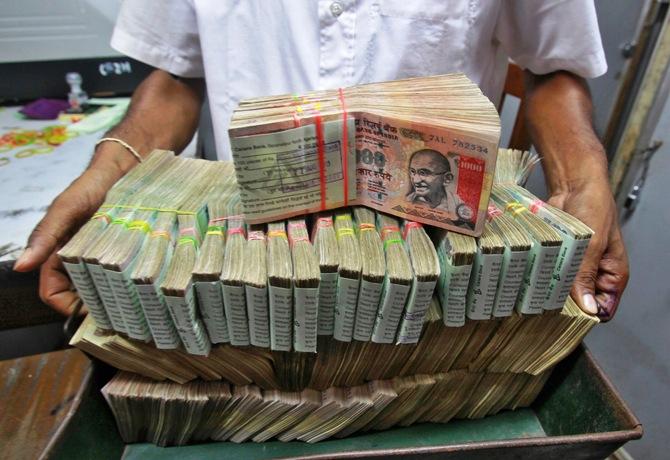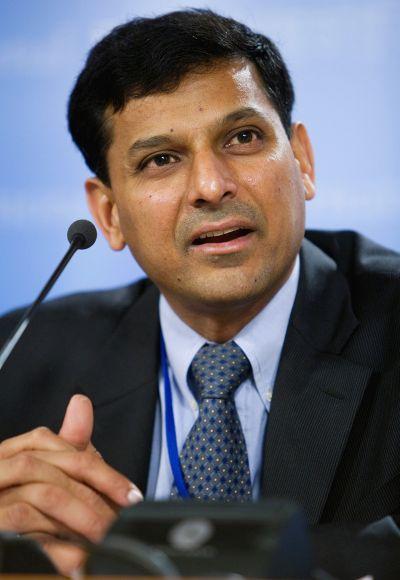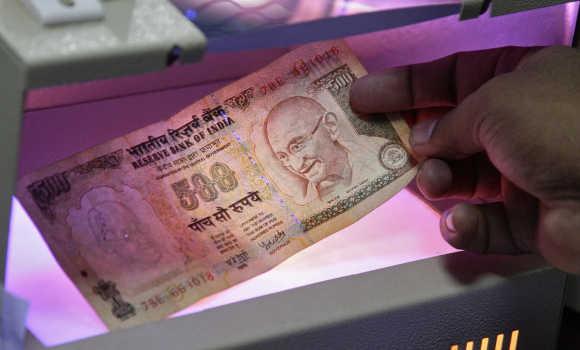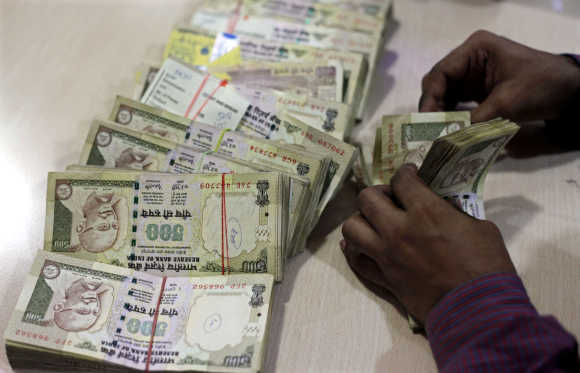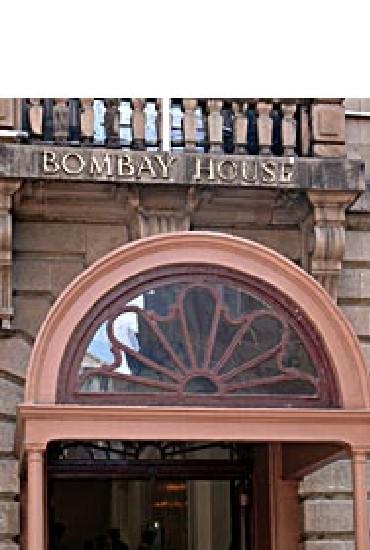 | « Back to article | Print this article |
Twists and turns in the new bank licence saga
Many experts, including Nobel laureate Joseph Stiglitz, also suggested that industrial groups should not be allowed to do banking business.
Former Finance Minister (now President) Pranab Mukherjee first proposed the entry of new players in the banking sector during his Union Budget speech for 2010-11.
When Mukherjee made the announcement, his speech surprised many in the central bank, as consolidation of existing banks was the most-debated topic in those days.
The regulator was also not keen to allow industrial and corporate houses in the banking business.
The dilemma stemmed from the fact that industrial houses, if allowed, could undermine the independence of banks.
Click NEXT to read more…
Twists and turns in the new bank licence saga
Many experts, including Nobel laureate Joseph Stiglitz, also suggested that industrial groups should not be allowed to do banking business.
RBI Governor Raghuram Rajan had opposed the entry of corporate houses in banking before taking charge of the central bank last September. "I thought the old RBI policy of not allowing corporates was a good one and I stand by that," Rajan, then a professor at the University of Chicago, said in April, 2011.
However, nudged by the government, which wanted more banks to showcase its reform drive, and the need to expand the reach of financial services in remote corners (where more than 40 per cent of the population still do not have bank accounts), RBI agreed to allow new players to apply for banking licences.
Click NEXT to read more…
Twists and turns in the new bank licence saga
More power, stiff norms
RBI, however, ensured it was given more powers to control banks.
The regulator demanded an amendment to the Banking Regulation Act of 1949 and authority to supersede a bank's board, if found that the lender was not functioning in the interest of its shareholders and depositors.
It did not budge till the amendments were made in December, 2012 and released the final guidelines on new bank licensing on February 22, 2013. RBI overhauled bank licensing norms of 1993 and 2001 and made them more stringent.
The central bank had said while everyone was welcome to apply for a banking licence, only those who passed its "fit and proper" criteria would be permitted to operate. It, however, did not clearly define the "fit and proper" norms.
Click NEXT to read more…
Twists and turns in the new bank licence saga
"The requirement that promoters/promoter groups should have a past record of sound credentials and integrity as a part of 'fit and proper' criteria is a matter of overall judgment and no indicative criteria can be spelt out," RBI said in its clarification to queries on new bank licensing guidelines.
Also, the regulator said new banks could only be formed through non-operative financial holding companies.
RBI refused to relax the priority sector lending targets and sub-targets for new banks. It further directed new players to open at least a fourth of their branches in unbanked rural centres.
The bar for capital requirements has been raised while ensuring that the bank board has a majority of independent directors.
Click NEXT to read more…
Twists and turns in the new bank licence saga
Application - A comedy of errors
The last date for submitting an application for a new banking licence was July 1, 2013. On that day, the central bank revealed on its website that as many as 26 companies had applied for licences.
However, a comedy of errors followed. More than two months after the expiry of the deadline, RBI issued a statement, saying it had inadvertently left out the name of an applicant, KC Land & Finance, from the list of applicants.
In the same statement, RBI said Value Industries (which represented Videocon Group) had withdrawn its applications. But, Videocon Group and its Chief Executive Venugopal Dhoot immediately denied that they had opted out of the race.
It is learnt that due to some miscommunication between Videocon and RBI, Value Industries' application was considered as withdrawn. RBI did not entertain Videocon's request to consider its application.
A couple of months later, Tata Sons said it was withdrawing its application, as the bank licensing guidelines were expected to come in the way of the group's international operations.
